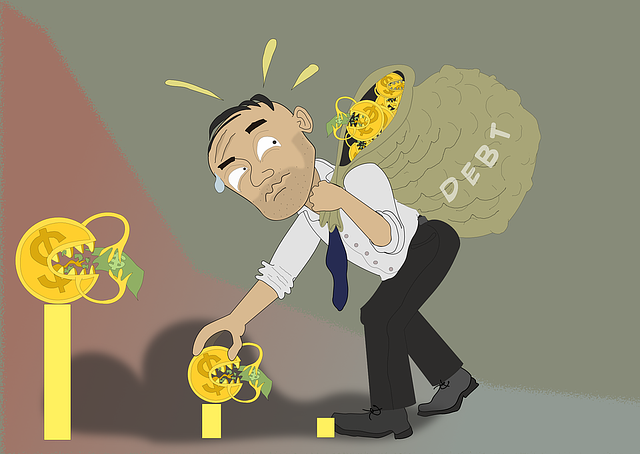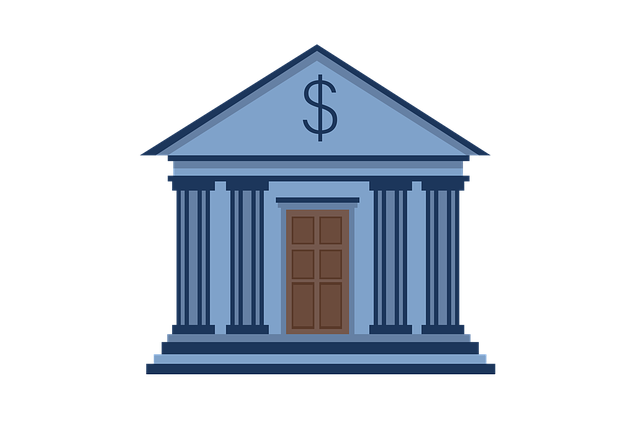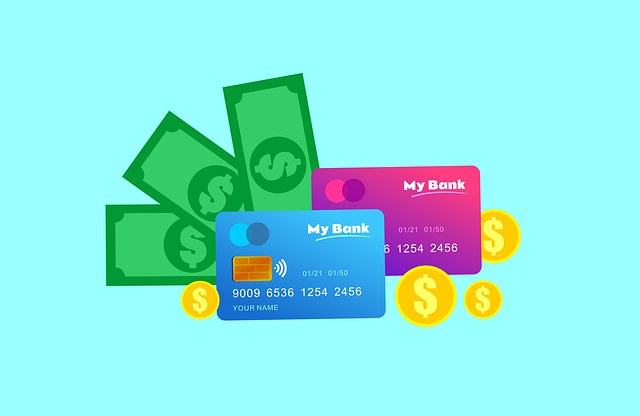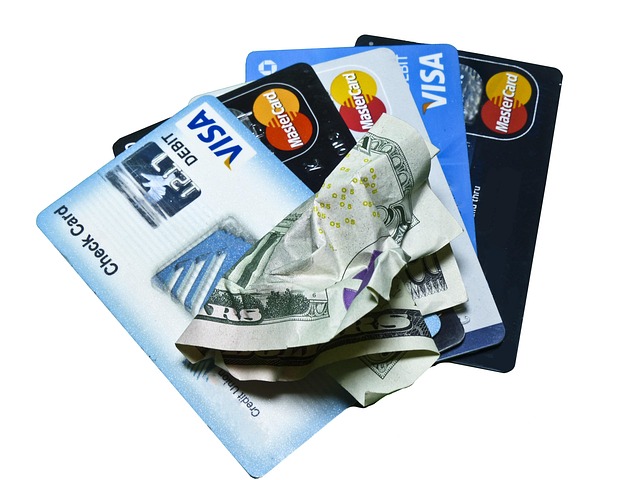Unsecured debt consolidation loans streamline debt management by merging multiple high-interest debts into a single loan with a fixed rate, simplifying payments and boosting credit health. However, these loans carry higher interest rates, strict terms, and severe consequences for missed payments, emphasizing the need for thorough research and responsible financial behavior.
Thinking about debt consolidation? Discover the pros and cons of this popular strategy. Unsecured debt consolidation loans can simplify payments and lower interest rates, but they’re not a fit for everyone. Learn about the potential benefits, like reduced monthly payments and improved credit score, as well as drawbacks such as hidden fees and extended repayment terms. We’ll guide you through effective strategies for smart debt consolidation.
- Understanding Unsecured Debt Consolidation Loans
- Potential Benefits of Consolidating Debts
- Drawbacks and Risks to Consider
- Effective Strategies for Smart Consolidation
Understanding Unsecured Debt Consolidation Loans

Unsecured debt consolidation loans are a popular choice for individuals looking to simplify their financial obligations. Unlike secured loans that require collateral, unsecured debt consolidation loans offer flexibility and accessibility to borrowers. This type of loan allows individuals to combine multiple debts, such as credit card balances, personal loans, or even past-due bills, into a single payment with a potentially lower interest rate. The appeal lies in the convenience it provides; instead of managing several payments each month, debtors can make just one consistent payment to a lender.
One significant advantage is the potential for better financial management. Unsecured debt consolidation for multiple debts can simplify budgeting and make it easier to stick to a repayment plan. Additionally, when compared to a credit card balance transfer, unsecured debt consolidation loans often have more favorable terms, including longer repayment periods that may not negatively impact savings or damage one’s credit score. This makes it an attractive option for those seeking long-term financial stability without sacrificing their financial freedom.
Potential Benefits of Consolidating Debts

Debt consolidation can be a powerful tool for managing and reducing financial obligations, especially when it comes to unsecured debt. One of the primary benefits is the simplification of repayment processes. By combining multiple debts into a single loan with a fixed interest rate, borrowers can bid farewell to the hassle of multiple monthly payments. This streamlined approach not only eases the administrative burden but also allows for better budgeting and financial control.
Additionally, unsecured debt consolidation loans can play a pivotal role in fixing bad credit associated with numerous outstanding debts. By consolidating, individuals can say goodbye to the stress of high-interest rates charged by various creditors. This strategy enables borrowers to focus on making consistent payments towards a single loan, thereby improving their credit score over time. For those in the UK seeking debt relief, unsecured personal loans offer a viable option, providing both financial freedom and the chance to rebuild creditworthiness.
Drawbacks and Risks to Consider

While unsecured debt consolidation loans can be a helpful tool for managing finances, there are several drawbacks and risks to consider before taking the plunge. One significant concern is the potential for higher interest rates compared to traditional debt relief programs offering unsecured loans. Since these loans aren’t backed by collateral, lenders may charge higher rates to compensate for the increased risk. This could mean paying more in interest over the life of the loan, which can extend repayment periods and increase overall costs.
Additionally, consolidating unsecured debts might not be suitable for everyone, especially those with poor credit or a history of missed payments. Lenders typically conduct thorough credit checks, and individuals with low credit scores may face stricter terms, including shorter repayment periods and higher fees. What’s more, missing payments on an unsecured debt consolidation loan can have severe consequences, potentially damaging credit further and leading to repossession or default.
Effective Strategies for Smart Consolidation

When considering debt consolidation, one of the most effective strategies is to focus on unsecured debt consolidation loans. These loans offer a straightforward path to financial simplification by combining multiple debts into a single, more manageable payment. By doing so, individuals can reduce their overall interest rates and streamline their financial obligations.
To ensure success with unsecured debt consolidation, it’s crucial to choose the right lender and explore reputable debt consolidation services. Researching lenders thoroughly helps in understanding terms, conditions, and associated fees. Additionally, considering factors like credit score requirements and loan types available can make all the difference. Once secured, a debt consolidation loan not only simplifies payments but also provides an opportunity for better financial planning. After securing the loan, individuals should utilize it responsibly by making timely payments to build or maintain positive credit standing while gradually paying off their debts.
Debt consolidation can be a strategic move towards financial stability, offering both benefits and risks. By understanding the process, evaluating the pros like reduced interest rates and simplified payments, and mitigating potential drawbacks such as extended repayment periods and impact on credit scores, individuals can make informed decisions. Effective strategies include prioritizing high-interest debts and adhering to realistic repayment plans. Leveraging unsecured debt consolidation loans responsibly can be a smart step towards managing and ultimately eliminating debt.
